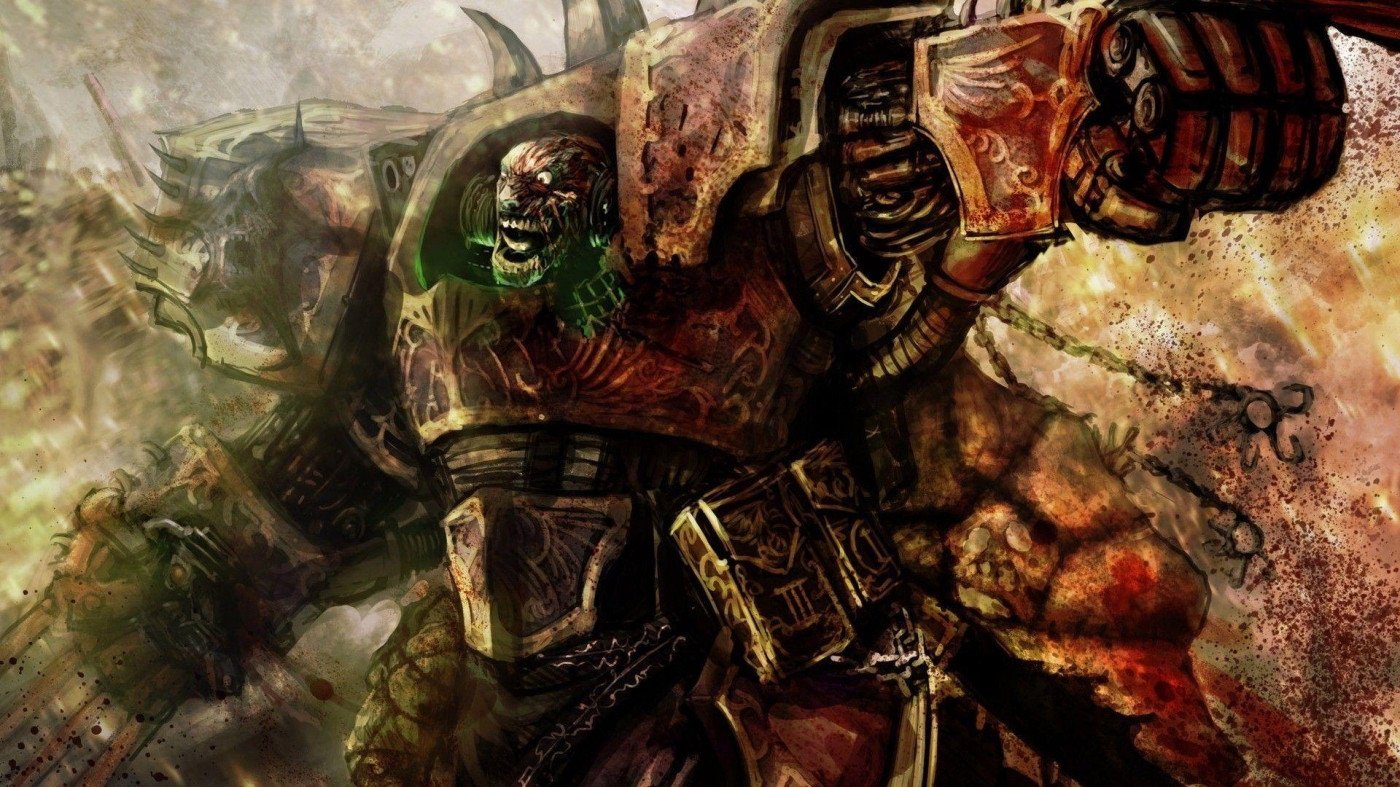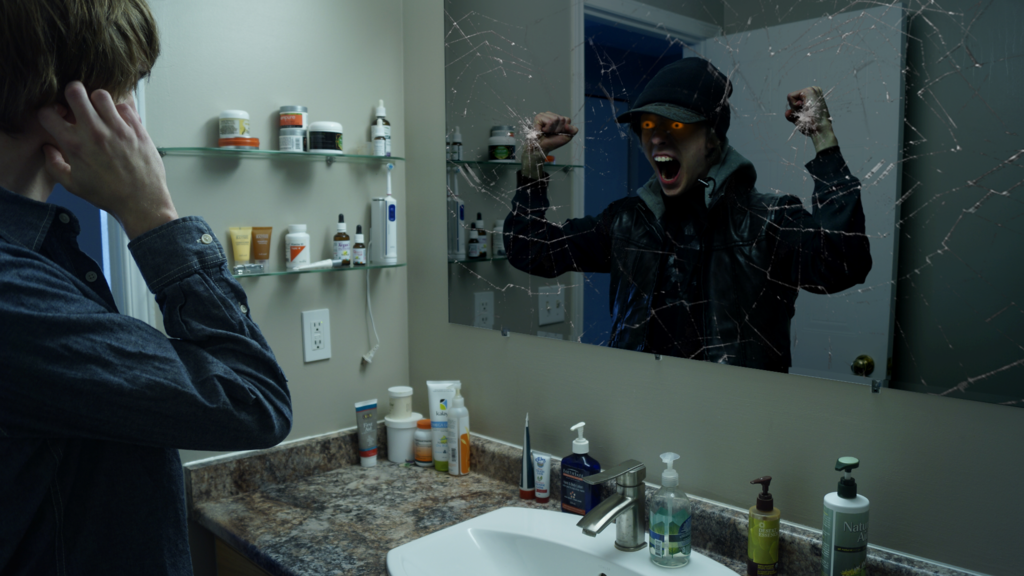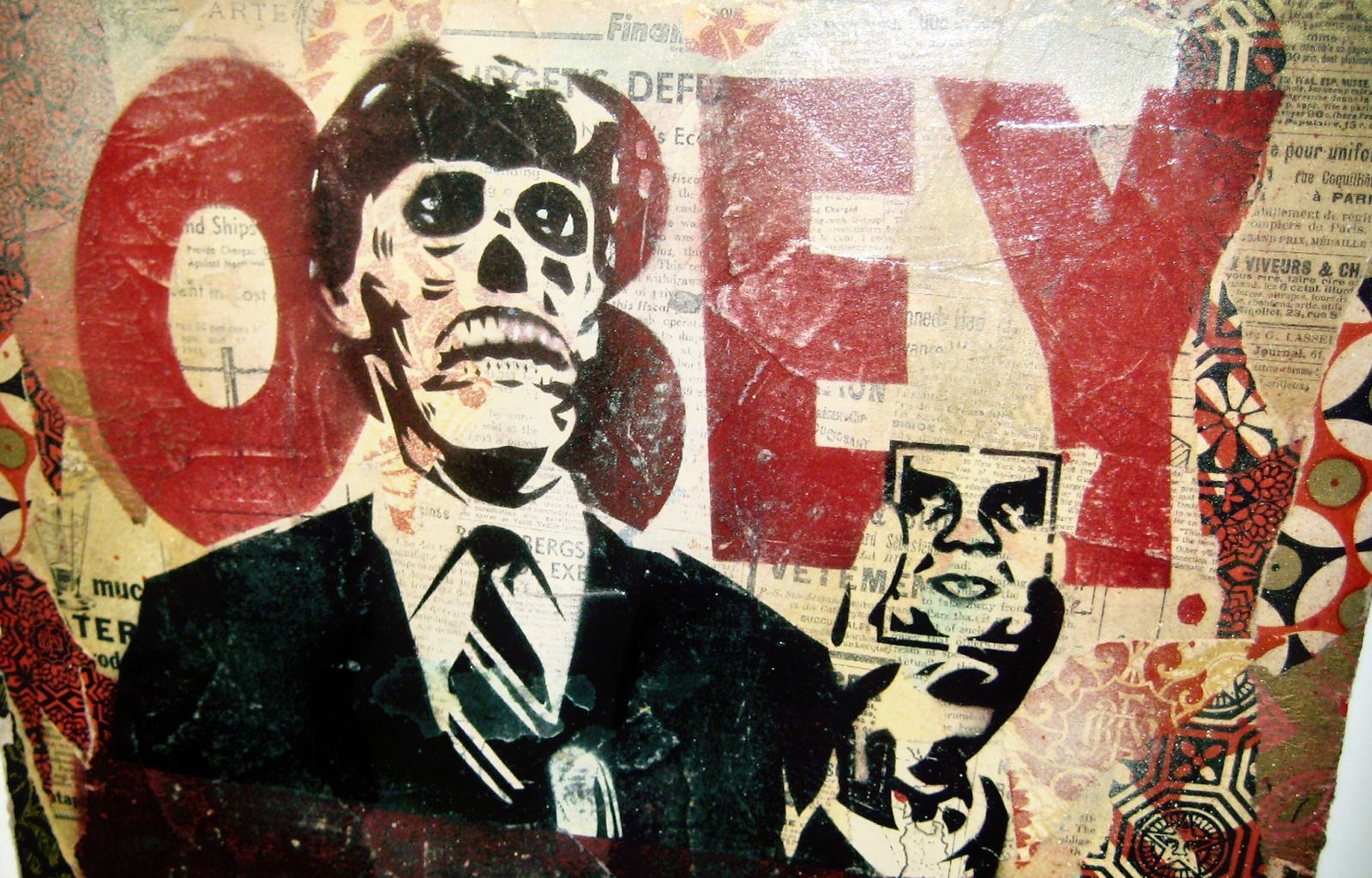When we force pseudo-being into existence (by insisting, by controlling, by ‘bearing down heavily on things’) we also create – as an unwanted by-product – toxic pain. Strictly speaking, it’s simply pain that we are creating, without any toxicity, but because there is no acceptance or acknowledgement of this pain it has nowhere to go and so it turns ‘toxic’. If I can allow my suffering to be there then it finds somewhere to come to rest and it doesn’t have to move on, as Iris Murdoch notes in one of her novels. It can be at peace and so it can dissolve, or ‘self-liberate’ as it is said in Buddhism. If I don’t (or can’t) allow the pain to be there then I am obliged to pass it on somewhere else – I have to find a host for it. Pseudo-being is always toxic, therefore. It has to be toxic because it has to deny the pain that is created at the same time that it comes into existence.
In order for pseudo-being to be maintained in spotless condition others have to pay the price, therefore. There has to be a power hierarchy, with the few at the top and the many at the bottom. This has always been the way and it always will be, just as long as pseudo-being is valued above all else. What on earth is ‘pseudo-being’ though? What kind of a thing is that supposed to be? When we talk about ‘forcing pseudo-being into existence’ (or into ‘pseudo-existence’) what we are referring to (of course) is the extrinsic self or definite identity – the sense that we have of being this specific named person, this definite, bounded identity.
Without any doubt this is what we value above all else. We value having a validated identity, an identity that we can be sure of, an identity we can trade on. We are told on all sides that this is what life is all about and even if we weren’t hearing this message on all sides we would still be prone to valuing the definite identity; this deep-rooted tendency however gets reinforced and magnified over and over again in the unprecedented runaway social experiment that is contemporary culture. We aren’t given any awareness of any other options, anything else that we can do. Essentially, the message is that we need to strive as hard as we can to ‘be somebody’; life is all about being somebody we are told, and this is the Cult of the Ego-Identity. This generally translates into ‘status’ or ‘visibility’ or ‘social acceptance or approval’, or something like that, but it doesn’t have to – the ego identity is fed by power when it comes down to it and power works best when it is invisible.
This it is that we are caught in the game of forcing pseudo-being into existence – pseudo-being is the only type of being we can have in this game of ‘comparisons’, this game of ‘dividing things up’, this game of ‘power versus no power’. If we want to be somebody then we have to get good at making our pseudo-being appear real both to us and to others, and what this comes down to is violence. The game where we have to obtain validation for our pseudo-being (and avoid its de-validation) is a violent game. All games are violent since all games bring us into conflict with reality. The integrity of the game as a ‘going concern’ depends on violence.
It can hardly be doubted that in this world of ours pseudo-being is what is being traded in – this fact is being shouted at us from every billboard, every shop front window, every TV or smartphone screen. Life can be yours just as soon as you get to be someone, just as soon as you get to be a significant player in the game. Pushing for more and more pseudo-being all the time doesn’t help us in any way to live our lives however – it’s a thankless and fruitless pursuit, like rolling a weighty boulder up an endless 45 degrees slope. Nothing’s ever going to come of it, no matter how hard we push, as Sisyphus could happily tell us.
There is no happiness or peace in trying to promote our pseudo-being the whole time. There’s no happiness or peace of mind in doing this because pseudo-being is essentially an act. An act can’t be happy or at peace (or anything else for that matter) – it can only play at these things. The type of life that we are being offered here is the Theatrical Life – the type of life we are being offered is the life in which we are required to mistake the pretence of happiness, the pretence of well-being for the real thing. We are required to commit ourselves to ongoing conflict and struggle on this (false) basis. Clearly, if I play at being happy (within the greater game of ‘pretending that my pseudo-being actually exists’) then this isn’t going to be the same as the real thing. If it were the real thing then I wouldn’t need to pretend, I wouldn’t have to push my narrow agenda all the time. If the ego were real then it wouldn’t have to be so nasty – but then again, if the ego were real then there would be no more ego…
Art – peakpx.com






